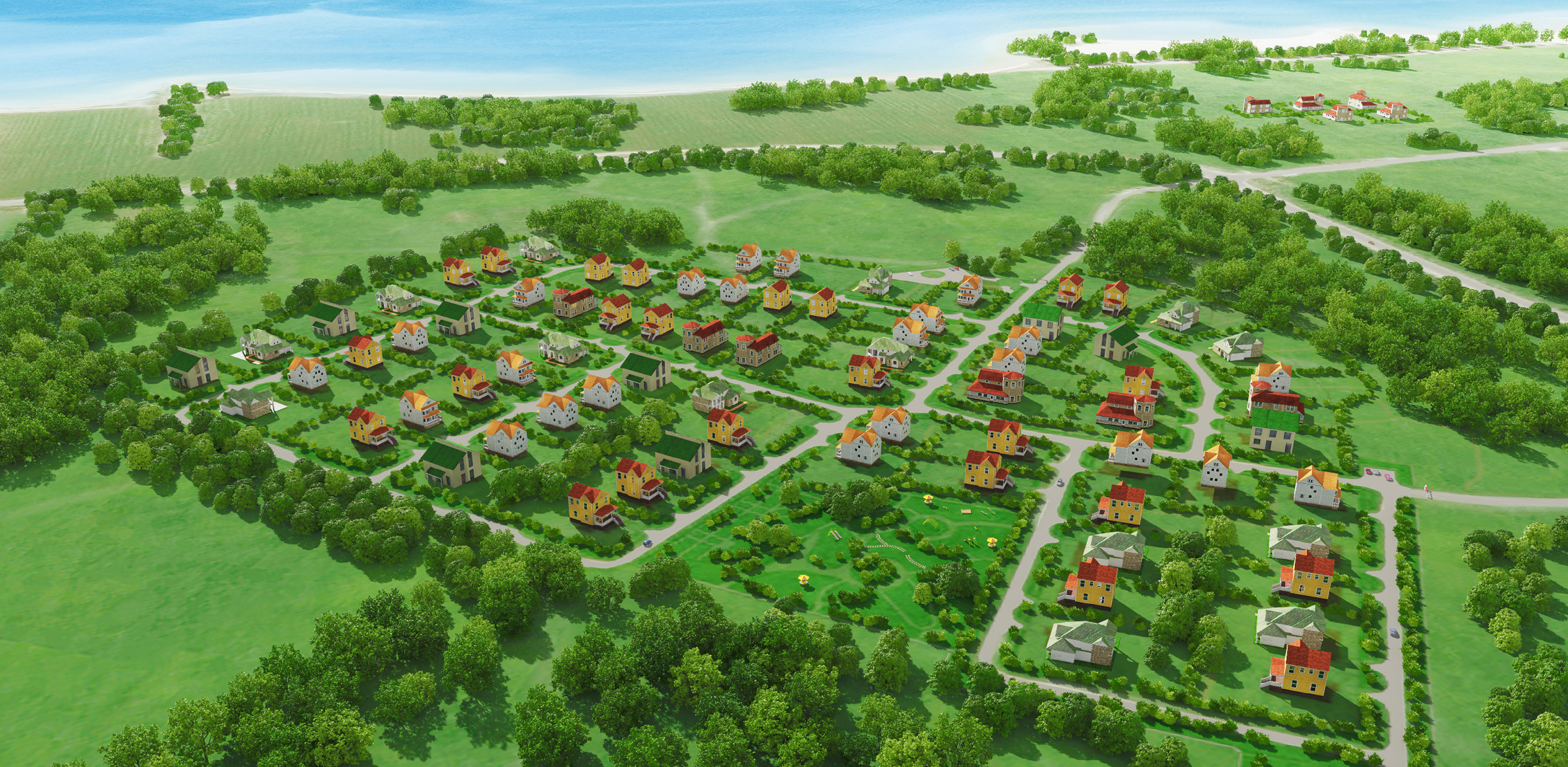Government Publishes Disappointing New Planning Proposals
The UK Government yesterday published its Planning for the Future white paper for England (and a summary document).
Housing Secretary Robert Jenrick MP said: “These once in a generation reforms will lay the foundations for a brighter future, providing more homes for young people and creating better quality neighbourhoods and homes across the country. We will cut red tape, but not standards, placing a higher regard on quality, design and the environment than ever before. Planning decisions will be simple and transparent, with local democracy at the heart of the process.”
In developing an unashamedly populist agenda, Planning for the Future suggests that the Government fails to understand the comprehensive way that planning and the environment are linked. Instead, the white paper resorts to soundbites around streamlining and simplification rather than advocating better, more sustainable land use planning.
The vision set out in the plan for “beautiful and sustainable” places is poorly-conceived, with too much emphasis on design and little or none on the underlying natural environment. It will not matter if your village is pretty if it doesn’t have a reliable water supply.
The concept of dividing the country into three zones is unhelpful and fails to demonstrate understanding of the complexity of planning decisions, the potential impact of development or the biodiversity value of brownfield sites. However, even more worrying is the fact that the level of protection of the ‘protected’ zone is not clear, and that some development would still be permitted. Furthermore, there isn’t any clear hierarchy of protection identified for sites that are of greater strategic importance. The mantra that protection should be focused on what local people decide, whilst potentially a vote winner, undermines the importance of scientific evidence and expert understanding of the ecological complexities of an area.
The white paper goes to great lengths to promote a change to a digital, data-driven planning system. We do not disagree with this, but it must be underpinned by real-world surveys to maintain accurate baselines.
Stephanie Wray, CIEEM’s Strategic Policy Panel Chair said: “There is little consideration for nature in these proposals. There are no consultation questions relating to biodiversity or the natural environment and, despite passing mention of the 25-Year Environment Plan and Biodiversity Net Gain, the Government doesn’t seem to have taken the opportunity to use planning reform as a really effective tool to deliver action on biodiversity protection and climate change. The Nature Recovery Network should surely be a key element of any new strategic planning system. It is unclear how the proposals will work with new schemes coming on-stream in the near future such as Biodiversity Net Gain and Environmental Land Management. Yet again we have hugely significant policy proposals that illustrate a disappointingly disjointed approach across government departments to strategic use of our finite land resource.”
Whilst the paper does say that we must “take the opportunity to strengthen protections that make the biggest difference to species, habitats and ecosystems of national importance” and that there will be a separate, more detailed consultation published later in the year, we have been dismayed by some of the more recent Government speeches that indicate a potential weakening of protections. Planning for the Future does nothing to allay those concerns.
Trying to circumvent the planning system will not work. Instead the Government should be seeking to tackle the systemic weaknesses that undermine the planning system, not least the crippling under-capacity within local planning authorities, including that of local authority ecologists, and the necessary funding to deliver a planning system fit for the future.
We Want Your Views
The Planning for the Future white paper consultation is open for comment until 29 October 2020. The Government has also published a consultation on more immediate changes to the current planning system, which is open for comment until 1 October 2020. CIEEM will be responding to both consultations. If you would like to add your thoughts to our responses please contact policy@cieem.net.
